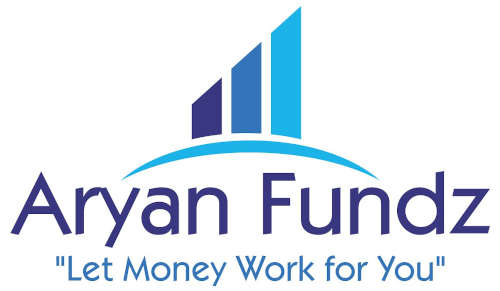Prerna has been working for 5 years now. The reason behind her slender investments is saving some tax, and some, she is generous enough to give away to the government for the economic development of the country. As far as her economics are concerned, she believes travelling and shopping in the mall till her last breath, are the only possible avenues where her hard earned money should go.
Prerna's investment summary:
2011 – Company EPF – Rs. 16,000 (She wasn't falling under a tax slab)
2012 – Company EPF – Rs. 24,000 (She joined the 10% league and paid some tax after the EPF)
2013 – Rs. 25,000 Bank FD in XYZ bank; Company EPF Rs. 24,000 (She paid Rs 9,000 in taxes)
2014 – Rs. 40,000 Bank FD in XYZ bank; Company EPF Rs. 24,000(She still paid Rs 16,000 in taxes)
2015 – Company EPF Rs. 24,000 (Since she got married, she had nothing left to invest; She paid Rs. 37,000 in taxes, as she entered the 20% slab this year)
Prerna could have saved her entire tax liability over these five years by investing smartly. Prerna after 5 years of employment has negligible bank balance, Bank FD's totaling Rs. 65,000 and EPF which she can't withdraw. She has entered into a new phase of life and is witnessing responsibilities falling one after the other on her head. She has realized that it is high time, she must get her act together and do something about her savings and investment. In fact, she has been thinking about this since 2013, but never took the pains to plan her finances. Prerna must follow these basic steps to step out of her dilemma:
- Educate yourself: The first step to investing is learning. There are various websites and journals, which host a powerhouse of information. Subject books on finance and government websites can also be referred. Prerna should familiarize herself with the basics of importance of saving, various investment options available and pros and cons of each. The advantage of acquiring knowledge is she won't be totally boggled when she takes the first step, there would be lesser chances of her falling into the trap of frauds, and her homework will be done when she seeks professional advice.
- Find your style: Though there are idol investment portfolios on the basis of age, income, family demographics, etc., but every individual has a different approach to life. Some may have the adventurous spirit and the aptitude to take risk, while others may be conservative and don't want to risk their money at all. So, Prerna should analyse her style, whether she wants to experience the thrill of equities or want to first build a safe harbour and then start exploring other options.
- Ice Breaker: Prerna has to shake herself up, since she is too comfortable with not bothering much for her future. She has been wondering that she wants to invest but kept on postponing. Procrastinating investments is delaying her financial security, all she needs is a "Start" button, she needs to lay the first stone in her investment plan.
- Start early: If Prerna would have started saving in 2011, she would have saved Rs 62,000 of taxes, that she paid, she would have saved at least Rs 3 – 4 Lac by now for saving these Rs 62,000, and if she directed small portions in monthly SIP's or RD's, she would have saved another Rs 1 – 2 Lac. She would have had a strong financial cushion for her now. However, better late than never, she should immediately start investing and make up for what she never did.
- Don't pay tax when you can save them: Prerna's taxes are equivalent to her total savings. The government has given us the benefit to not pay tax by saving for us. It has two benefits; one, we can save money by not paying tax and two, we are saving for our future in order to not pay tax. Rs. 150,000 can totally be saved under Section 80 C by investing the same amount and there are other sections as well, which can be used if applicable.
- Advice: Since Prerna is an amateur, she can make mistakes. She tends to get carried away, she may start doing, what her smarter friends are doing. She may start following what the anchor of the business news channel is saying without any research. Since she lacks exposure, she must seek professional advice. She may look up to an experienced family member, who is into savings and investments, or she may seek help from a professional financial advisor.
The advisor will help Prerna choose the right fit according to her profile and requirements. And all she needs is dedication, a control over her emotions and keep her basic necessities and investment commitments at the top. Let's bring a smile on Prerna's cute face by assuring her that she can continue shopping and traveling after providing for the above.
{s}
[[script type="text/javascript"]]
$(document).ready(function(){
new DiscussionBoard("divDiscussionBoard", "168", "http://www.njwebnest.in/esaathi/index.php/discussion").load();
});
[[/script]]
{/s}






